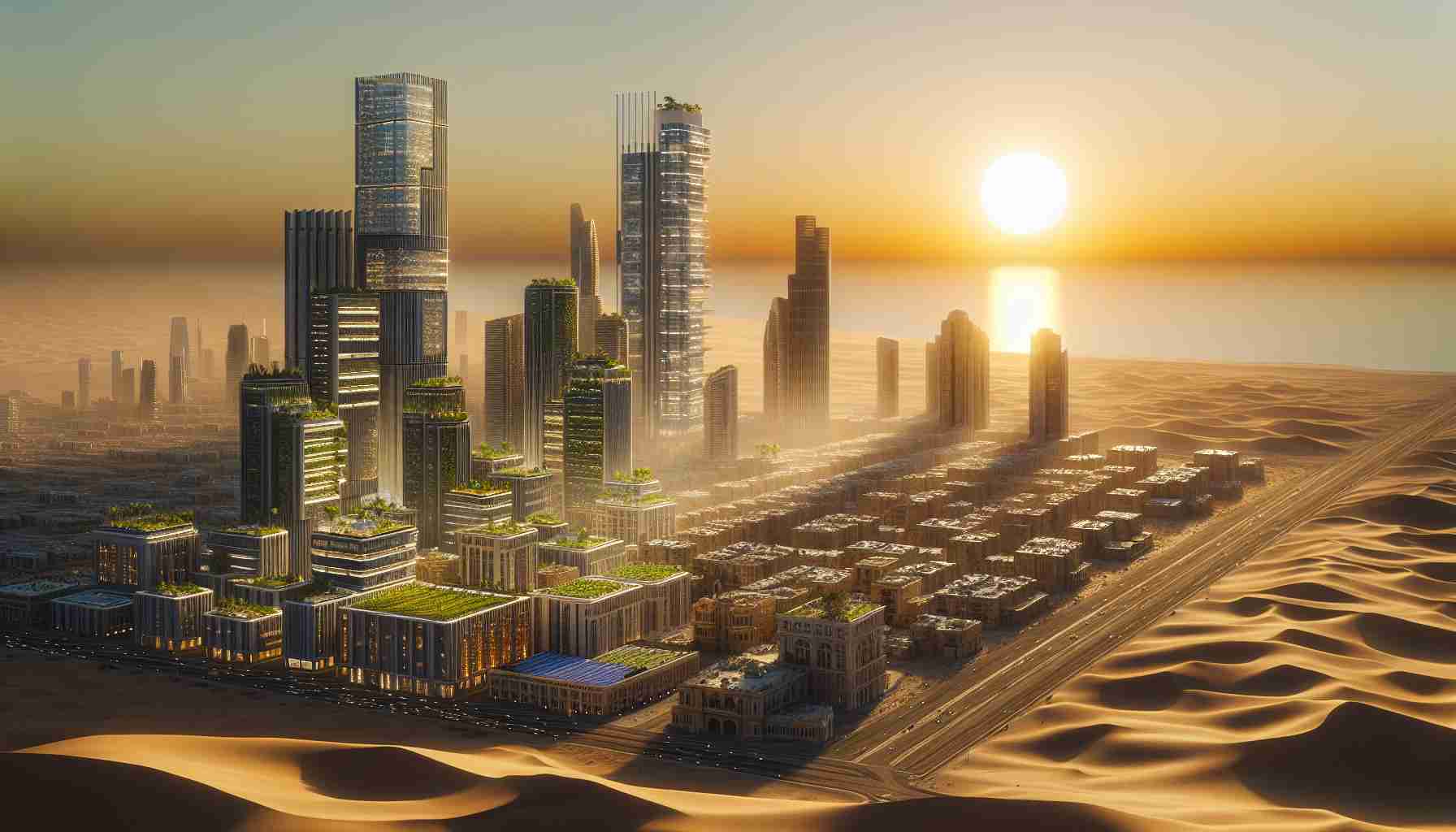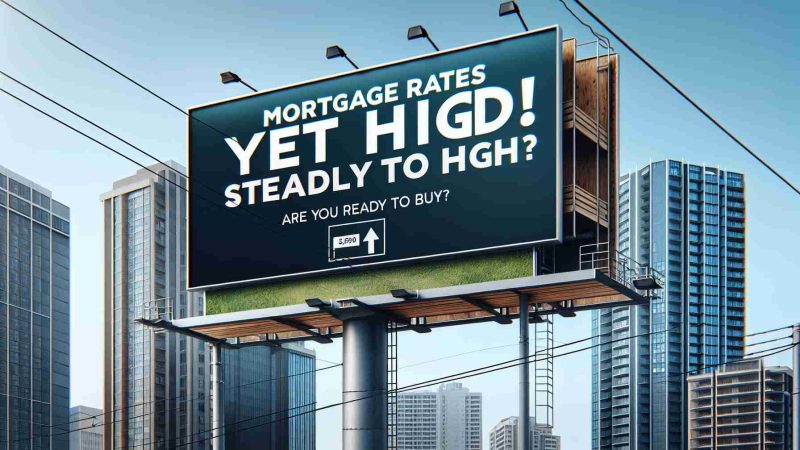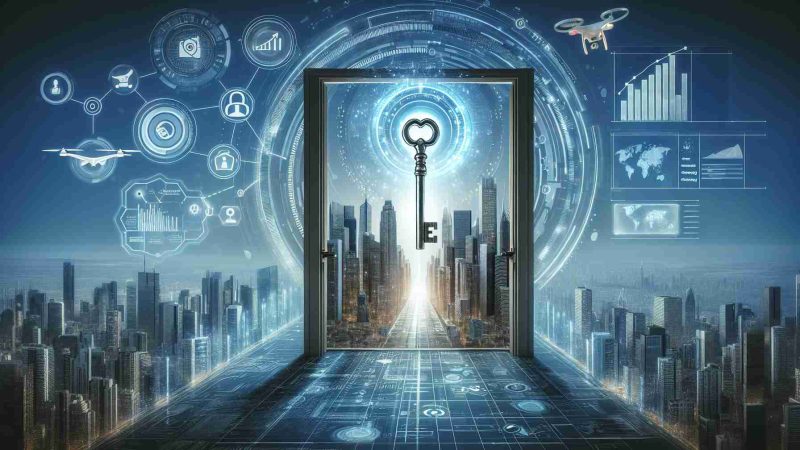Is Dubai Real Estate Going Green? Discover the Future of Sustainable Living!

Introduction: A Green Shift
Dubai, known for its opulent skyline and luxurious lifestyle, is making headlines with a new trend—sustainable real estate. As environmental concerns rise globally, the emirate is poised to revolutionize its real estate sector by integrating cutting-edge green technologies.
The Role of Technology in Sustainable Real Estate
In a bid to maintain its status as a leading global city, Dubai is investing heavily in smart technology and sustainable infrastructure. New developments like The Sustainable City are examples of combining high-tech solutions with eco-friendly practices. Solar panels, waste recycling systems, and energy-efficient designs are becoming standard, aimed at reducing carbon footprints and promoting sustainable living.
Future Trends and Innovations
One of the most exciting innovations on the horizon is the integration of Artificial Intelligence (AI) in building management systems. AI provides automated energy management, thus optimizing resources and reducing costs while maintaining the utmost comfort for inhabitants. Furthermore, vertical farming within residential complexes is being explored to offer fresh produce and reduce food miles.
Conclusion: A Path Forward
Dubai’s commitment to sustainable real estate represents a promising shift toward more responsible development practices. As new technologies continue to emerge, they offer the potential to blend luxury with sustainability, setting a benchmark for future urban buildings worldwide. In the shadow of its towering skyscrapers, Dubai is quietly laying the foundation for a greener tomorrow.
Dubai’s Green Revolution: Unveiling the Future of Sustainable Real Estate
**Emerging Innovations in Sustainable Real Estate**
Dubai’s transformation into a hub for sustainable real estate is marked by several new and cutting-edge innovations. One such development is the use of **Blockchain technology** to enhance transparency in real estate transactions and increase trust among stakeholders. This technology facilitates secure and efficient property transfers, thereby streamlining the real estate process.
Additionally, **smart water management systems** are being integrated into new buildings to minimize water waste and ensure efficient water usage. These systems utilize IoT sensors to monitor and control water flow, contributing significantly to water conservation efforts in the arid region.
**Market Analysis and Predictions**
The real estate market in Dubai is showing a substantial shift towards sustainable projects, with sustainability becoming a key factor in property valuation. Industry analysts predict a significant increase in demand for green buildings as investors and homebuyers become more aware of the environmental impact of traditional construction.
This trend is supported by the government’s ambitious plans to implement stricter environmental regulations and provide incentives for green construction. As a result, sustainable real estate is expected to gain a larger market share, potentially leading to an increase in property values for eco-friendly structures.
**Pros and Cons of Sustainable Real Estate in Dubai**
*Pros:*
– **Environmental Impact:** Reduced carbon emissions and energy consumption contribute positively to environmental goals.
– **Cost Savings:** While initial investments are higher, long-term savings in energy and water bills are substantial.
– **Market Appeal:** Growing interest in sustainability makes these properties attractive to buyers and investors.
*Cons:*
– **Higher Initial Costs:** The upfront cost for sustainable technology and materials can be a barrier for some developers.
– **Limited Awareness:** There is still a need to educate the broader public about the benefits of sustainable real estate.
**Innovations and Security Aspects**
As green technologies advance, **cybersecurity** in smart buildings becomes crucial. Integrating robust security systems ensures the protection of automated processes and sensitive data from cyber threats. Developers are prioritizing cybersecurity measures to safeguard the integrity of sustainable infrastructure.
Moreover, **biophilic design**, which incorporates natural elements into the architectural design, is gaining traction. This approach not only enhances the aesthetic appeal but also contributes to the well-being and productivity of the building’s occupants.
**Sustainability and Compatibility**
Dubai’s commitment to sustainability includes compatibility with international green standards such as LEED (Leadership in Energy and Environmental Design) and BREEAM (Building Research Establishment Environmental Assessment Method). These certifications add credibility and value to sustainable projects, appealing to a global audience looking for eco-friendly investments.
**Conclusion: Setting Global Standards**
Dubai’s venture into sustainable real estate is more than just a trend; it’s reshaping urban development norms. By pioneering innovative technologies and setting new standards, Dubai is not only improving its environmental footprint but also establishing itself as a leader in the global real estate market.
For more insights on Dubai’s sustainable initiatives, visit Dubaï Real Estate.





